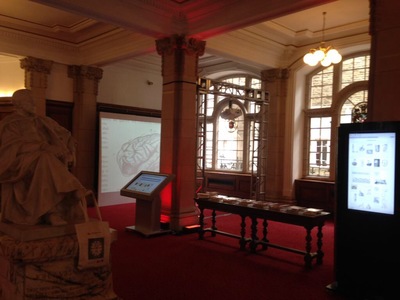
On the cultural significance of the Illustration Archive, Professor of English Literature Julia Thomas - the Principal Investigator of the Lost Visions project - said ‘This labour of love by our small dedicated team incorporating experts in English Literature and Computer Science is not only giving life again to thousands of neglected images but also giving back our visual culture, which might otherwise have been lost to the public forever.’
Explaining the background to the project, Professor Thomas said: ‘We have focused on illustrations from books spanning the eighteenth to the twentieth century, a period that is arguably the most important in British book illustration. This was a time when rapid changes in reproductive techniques were paralleled by changes in the meanings of art and its reception. Art was democratised and book illustrations became more widely collectable and mobile than ever before. In the same spirit, our work advances this leap further into the modern digital age.’
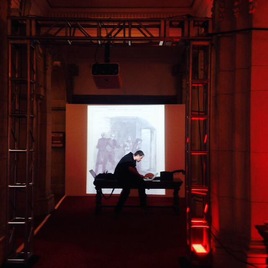
book illustrations - becomes free to the public, it has the potential to
revolutionise how illustration is understood and the importance accorded to it,
to supply an image-hungry commercial world with illustrative material, and
to lead to ever more accurate ways of classifying and analysing images in
large databases.’
Commenting on the project, illustrator Quentin Blake said: ‘The printed
pages of the 19th century are full of remarkable images, if we can find them. The Illustration Archive puts a million of them within reach. Amazing.’
We would like to thank everybody who attended the launch event and for all those who have contributed to the Lost Visions project over the last year. We very much hope that you will enjoy using the site!
Links to media and blog coverage of the launch are available below:
Wales Online
AHRC
Cardiff University
Capture blog
Piece of Pinkie blog
Design Wales Forum blog

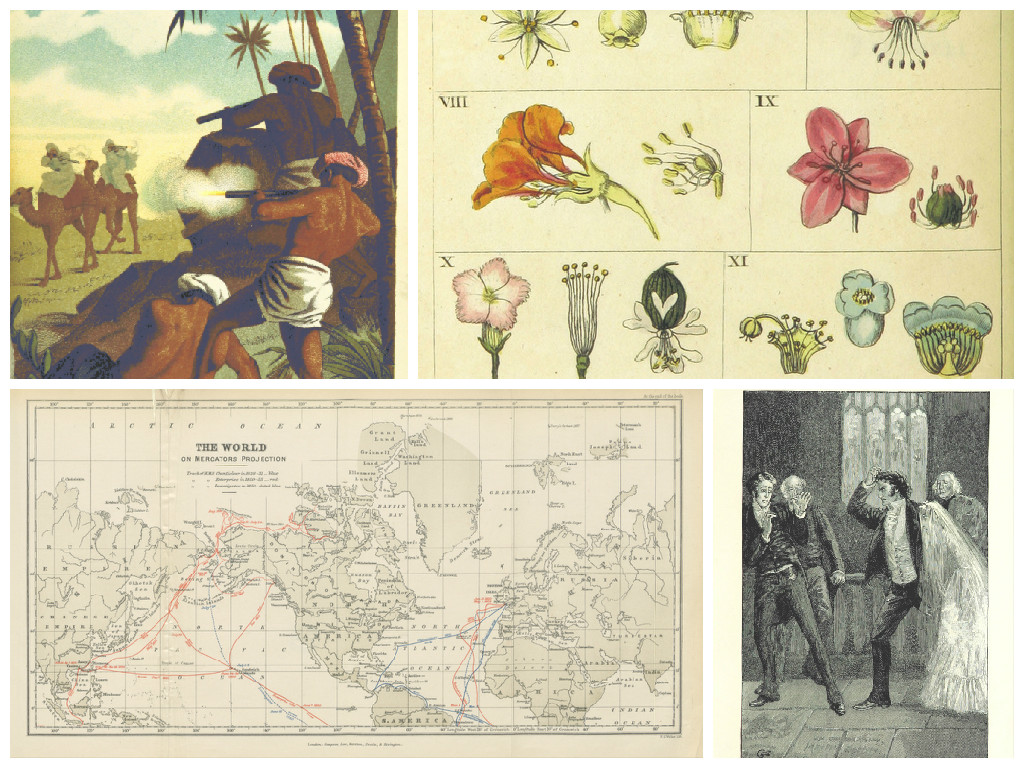
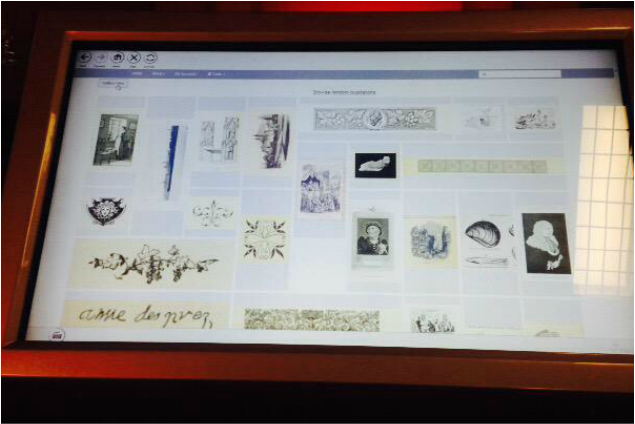
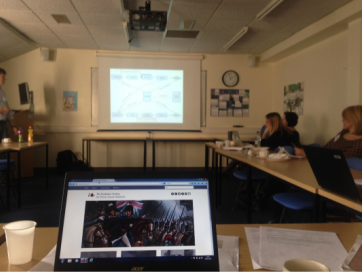
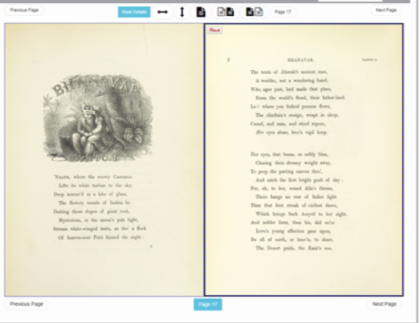
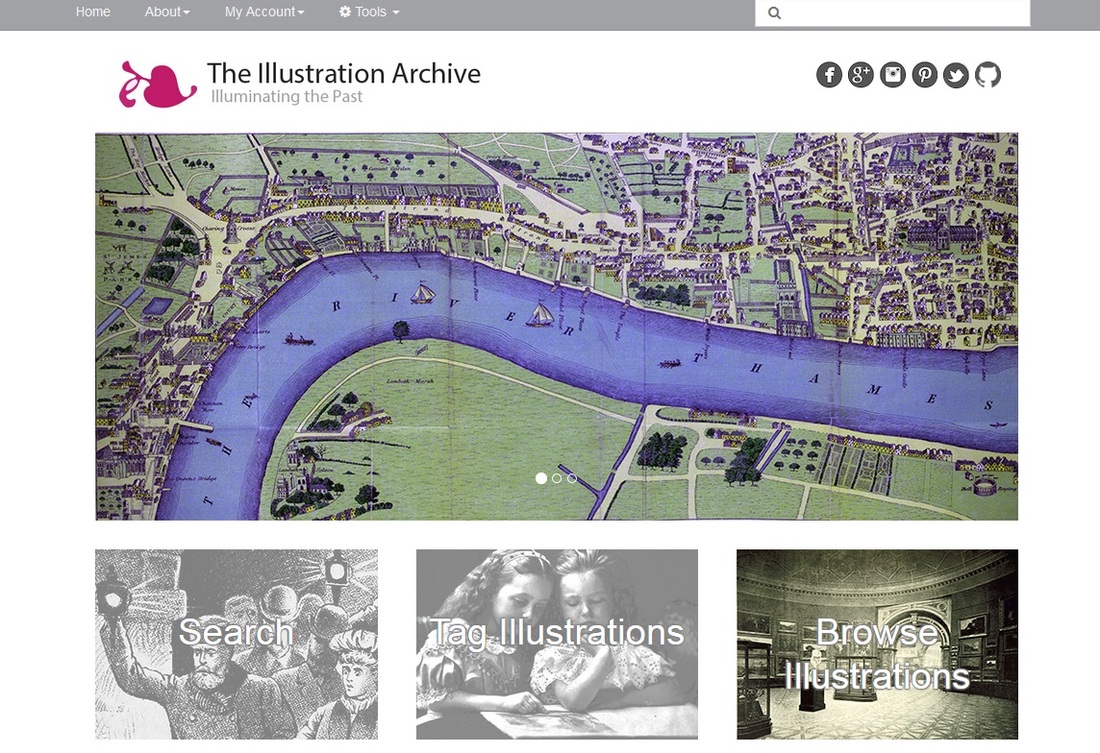
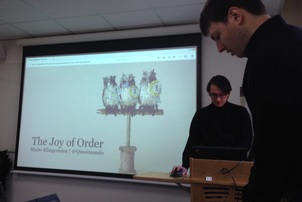
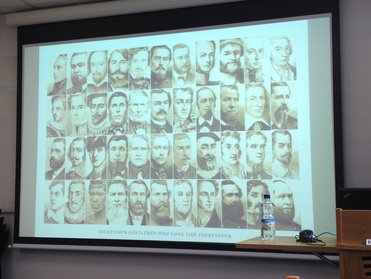
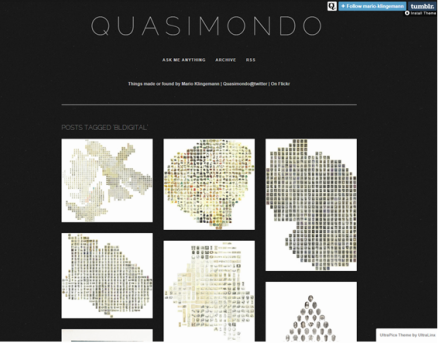
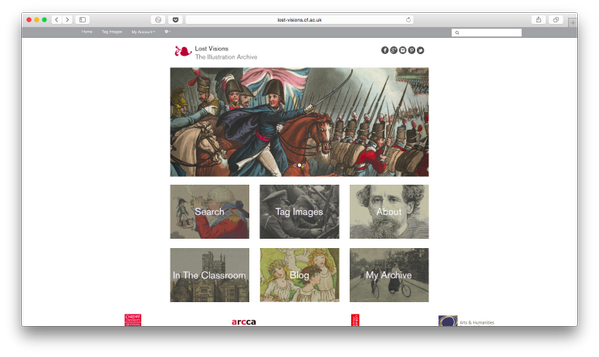
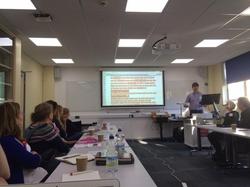
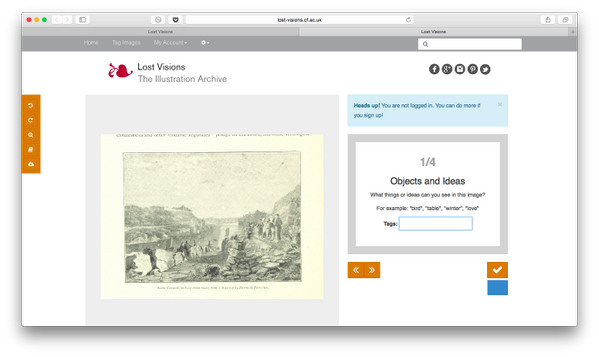
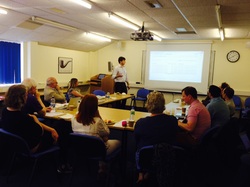
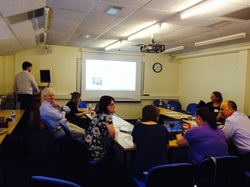


 RSS Feed
RSS Feed
